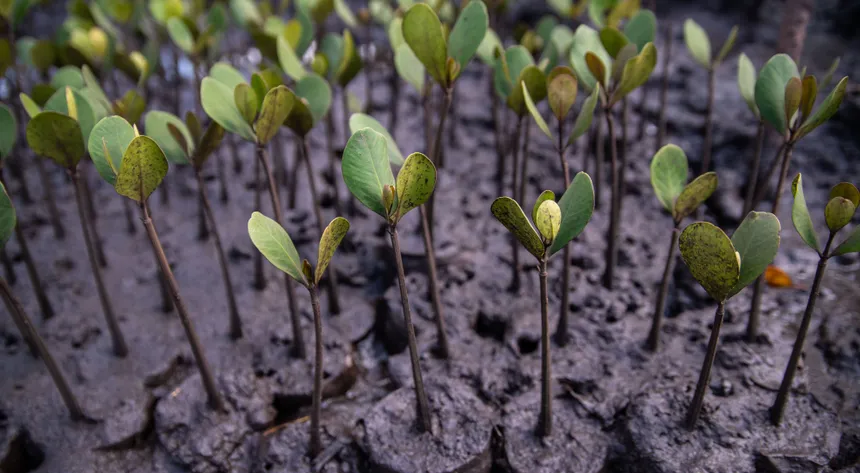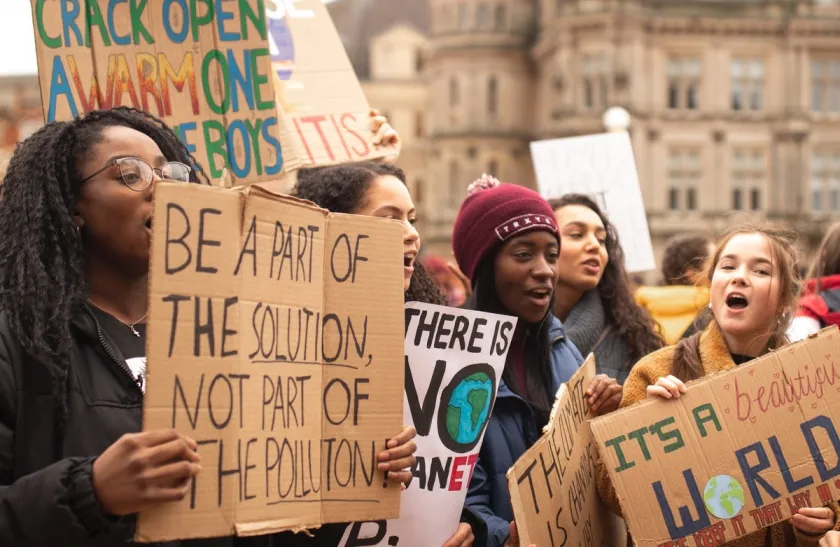A recent analysis by the charity Christian Aid has revealed a stark reality: the 20 costliest climate disasters of 2023 are disproportionately affecting the poor and vulnerable. According to the research, devastating wildfires, floods, and other disasters are causing significantly higher costs per capita in poorer countries, which have contributed less to the climate crisis.
The study examined 20 natural disasters exacerbated by climate breakdown that hit 14 countries over the past year, revealing a global postcode lottery where those who can least afford to rebuild are bearing the brunt of the impact. The highest per capita cost was recorded in Hawaii, where wildfires in August cost a staggering $4,161 per person, far outstripping the second costliest disaster, Guam’s storms in May, which cost nearly $1,500 per person.
The research highlights that countries with inadequate infrastructure and flimsy homes face larger costs after a climate disaster, as their inhabited areas are more easily destroyed. In areas where people have faced the highest costs, many are employed in agriculture, which is vulnerable to extreme weather, and the government is less likely to invest in prevention or rebuilding.

Christian Aid’s chief executive, Patrick Watt, stressed that the climate crisis is fundamentally unjust, citing the double injustice that those worst affected by global warming have contributed little to the problem. He urged governments to take immediate action to cut emissions, adapt to the effects of climate change, and establish a loss and damage fund to compensate poorer countries for the devastating impact of climate-related disasters.
The concept of loss and damage has become a critical component of climate negotiations, with developing countries demanding climate justice after facing disasters that have been extremely costly to fix. However, wealthy countries, which are primarily responsible for the climate emergency, have so far failed to deliver on their promises, committing only a paltry $700 million to the loss and damage fund, a mere 0.2% of the total losses developing countries are facing annually.
The Christian Aid report starkly highlights the need for immediate action to address the disproportionate impact of climate disasters on the poor and vulnerable. As the world grapples with the increasing frequency and severity of climate-related disasters, it is essential that governments and international institutions work together to establish a fair and equitable system of support for those who are most affected by climate change.

